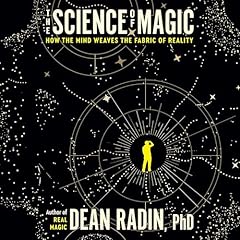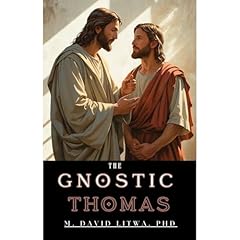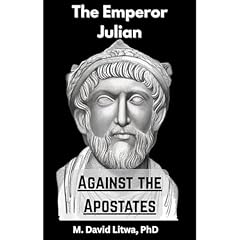
Hermetica II
The Excerpts of Stobaeus, Papyrus Fragments, and Ancient Testimonies in an English Translation with Notes and Introduction
No se pudo agregar al carrito
Add to Cart failed.
Error al Agregar a Lista de Deseos.
Error al eliminar de la lista de deseos.
Error al añadir a tu biblioteca
Error al seguir el podcast
Error al dejar de seguir el podcast
 Exclusivo para miembros Prime: ¿Nuevo en Audible? Obtén 2 audiolibros gratis con tu prueba.
Exclusivo para miembros Prime: ¿Nuevo en Audible? Obtén 2 audiolibros gratis con tu prueba.Compra ahora por $19.81
-
Narrado por:
-
Luke Betzner
-
De:
-
M. David Litwa
This volume presents in new English translations the scattered fragments and testimonies regarding Hermes Thrice Great that complete Brian Copenhaver's translation of the Hermetica (Cambridge, 1992). It contains the twenty-nine fragments from Stobaeus (including the famous Kore Kosmou), the Oxford and Vienna fragments (never before translated), an expanded selection of fragments from various authors (including Zosimus of Panopolis, Augustine, and Albert the Great), and testimonies about Hermes from thirty-eight authors (including Cicero, Pseudo-Manetho, the Emperor Julian, Al-Kindī, Michael Psellus, the Emerald Tablet, and Nicholas of Cusa).
All translations are accompanied by introductions and notes which cite sources for further reading. These Hermetic texts will appeal to a broad array of listeners interested in western esotericism including scholars of Egyptology, the New Testament, the classical world, Byzantium, medieval Islam, the Latin Middle Ages, and the Renaissance.
©2018 M. David Litwa (P)2024 M. David LitwaLos oyentes también disfrutaron:




















Las personas que vieron esto también vieron:










